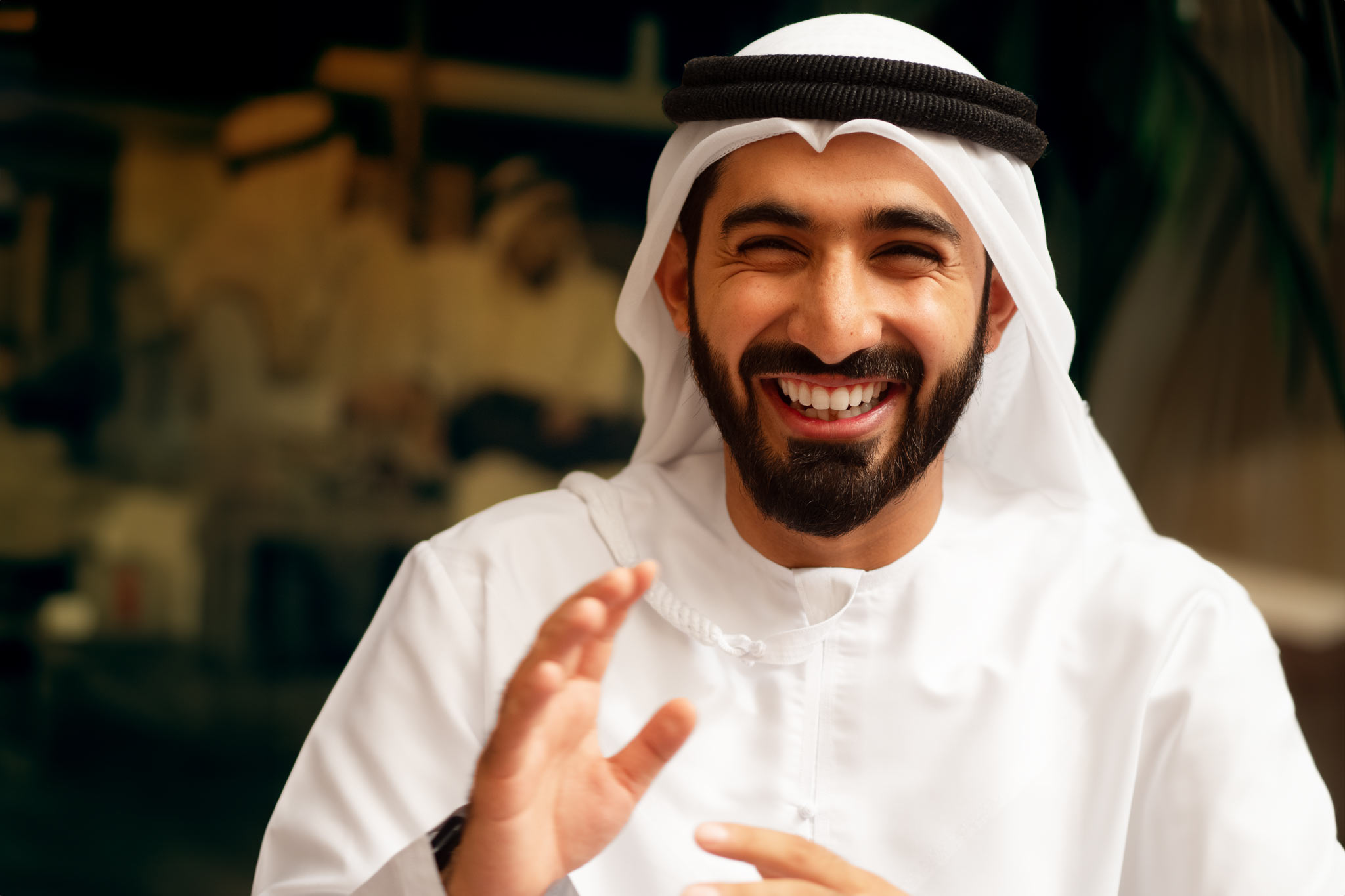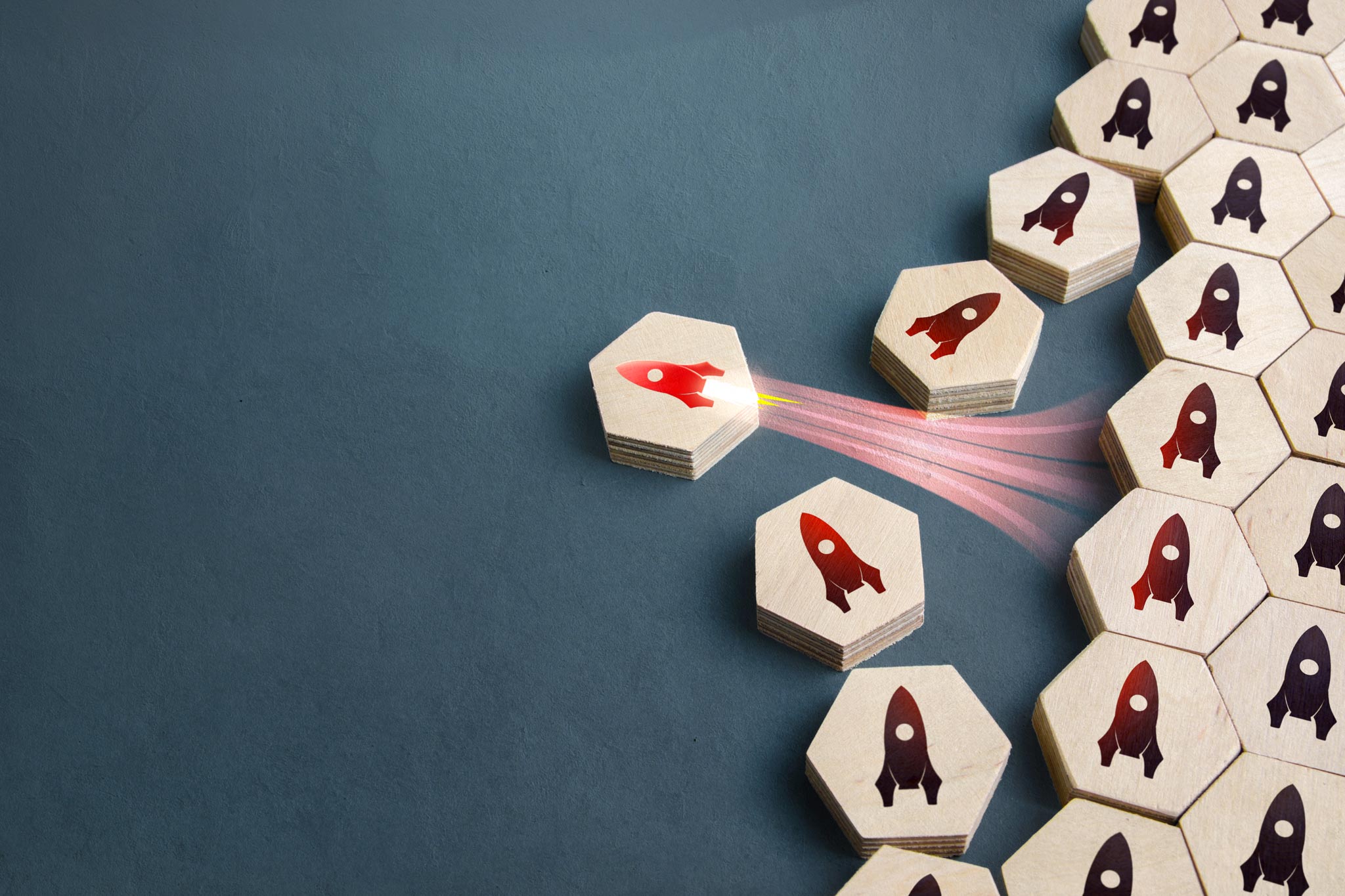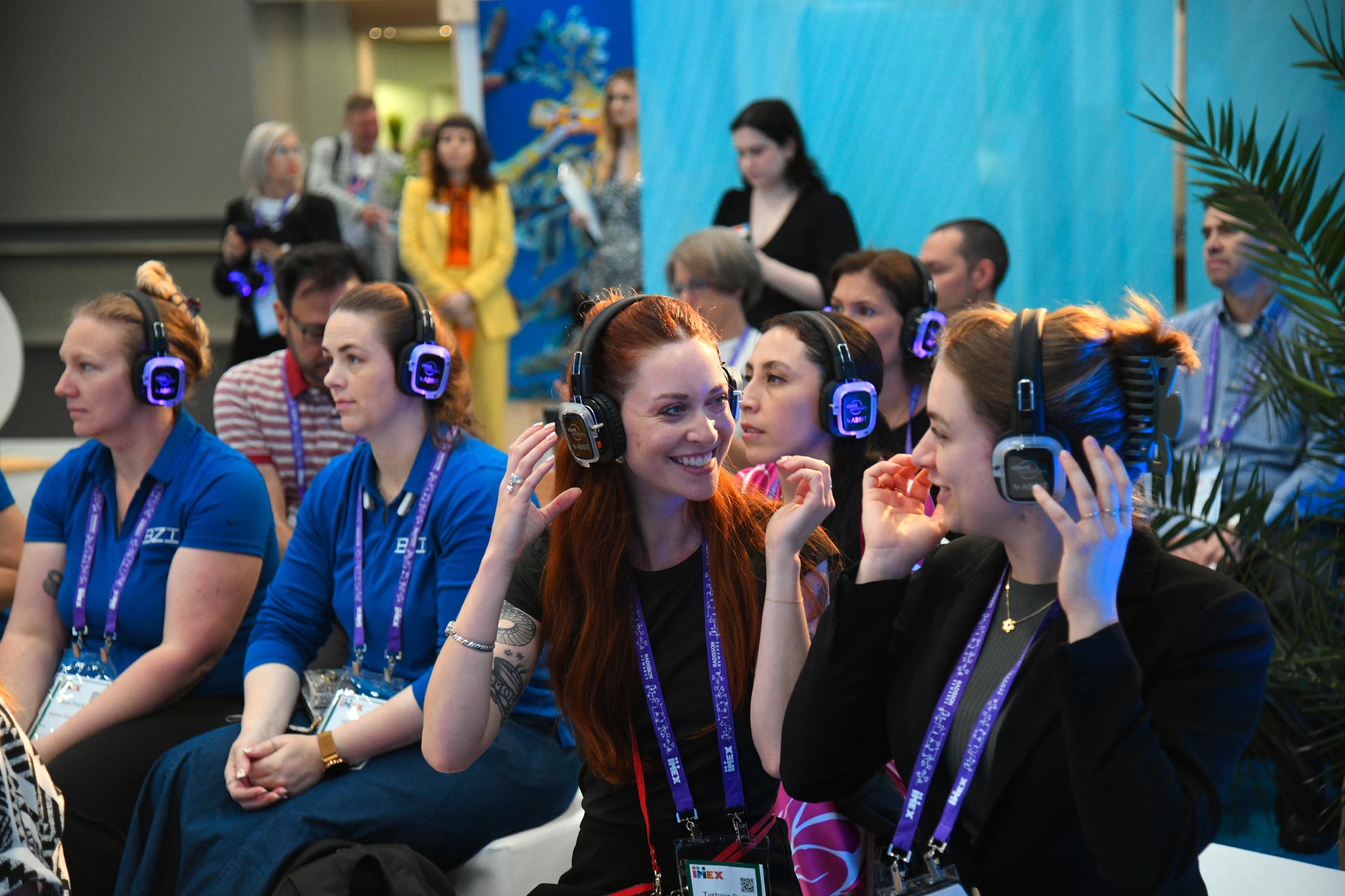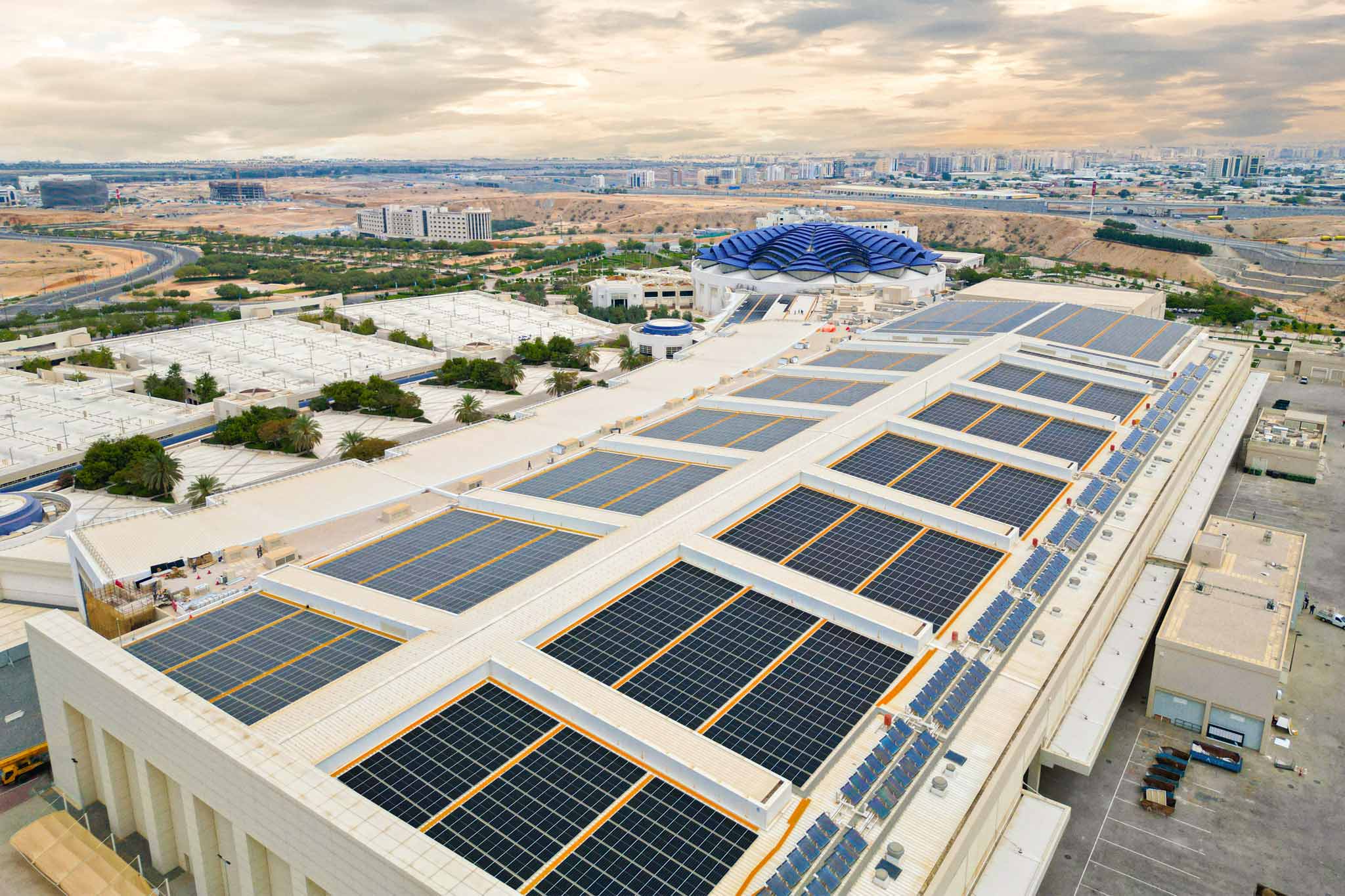Last year, when negotiations were slow at the 28th UN Climate Change Conference, COP28, in Dubai, Sultan Al Jaber, the chair of the climate meeting, decided to take all the ministers, heads of delegation and negotiators to a different setting.
“I have asked them to join me in a Majlis. I want to gather the delegates in a room, in a circle, where we can talk openly and have a person-to-person conversation. That’s exactly what we do here in the UAE when we have questions or problems we must address.”
Sultan Al Jaber’s aim was that every person should be included, and no one should be undervalued or underestimated. The delegates should attend the meeting with an open, understanding and flexible mind while listening. No delegates were allowed to bring a prepared speech to the Majlis. “Sultan Al Jaber invited an old tradition. This is how we do it in the United Arab Emirates when there are problems and issues to be resolved,” says Mohammed Al Jasmi, Creative Supervisor of the Sheikh Muhammed bin Rashid Al Maktoum Centre for Cultural Understanding.
“Traditionally, it is also about learning the values of being an Emirati. For example, how would you treat the older people in the Majlis? How would you speak with them? And when you enter a Majlis, who would you go first and shake hands with? How would you shake hands with the oldest person there?”
The Emirati Majlis, meaning council or assembly, are ‘sitting places’ where people come together to discuss shared interests, resolve problems, discuss daily affairs, local events and issues, exchange news and stories, receive guests, socialise, be entertained, etcetera. It is typically a large space with carpets on the floor and cushions against the wall. There is usually a stove or fire to prepare coffee and other hot beverages. In the UAE and the Arab world, a Majlis serves an important role both in the home and for business meetings.
“Through observing elders in the Majlis, young people learn the manners and ethics of their community, dialogue and listening skills, and respect for the opinion of others,” says Mohammed Al Jasmi.
The Majalis, the plural form of Majlis, have long received great attention from the people of the UAE due to their significance in achieving interaction and communication among society’s members, especially between the ruler, the leader of the tribe, and the community.
Women have their own Majlis, although some prominent women attend other Majlis, particularly academic or literary. Majlis also play an essential role in transferring oral heritage, including folk stories, folk songs and traditional Nabati poetry.
“Majlis is a part of our Emirati way of meeting tradition. It’s not just a room. It can be anywhere, for example, in front of my house. I put a carpet there, we sit on it, and it becomes our Majlis.”
In Dubai, The Community Development Authority, CDA, is responsible for setting up and developing frameworks for social development in Dubai. Their role is to strengthen the role of Majlis, which is currently established in several neighbourhoods in Dubai, as a direct line of communication with residents and to find out their views, feedback and demands. CDA also works with concerned official authorities to find solutions to different social issues residents face.
Furthermore, CDA utilises these Majlis to raise awareness and educate community members through organising periodic lectures and meetings to promote social development, strengthen national identity, and bridge the gap between generations. The Community Development Authority also offers the Majlis headquarters to residents to hold various social events, such as marriage contract ceremonies, wedding parties, and funerals, to promote a sense of affiliation and strengthen relationships among different groups in the community during such social events.
The United Arab Emirates, Saudi Arabia, Sultanate of Oman, and Qatar were able to include the Majlis on UNESCO’s Representative List of the Intangible Cultural Heritage of Humanity through a joint international report that these countries submitted because it enjoys these social values and is considered a significant aspect of heritage. It has been integral to these peoples’ human heritage since December 2015.
Business event delegates visiting Dubai for any meeting can learn more about Emirati culture and traditions through shared experience by visiting the traditional Majlis of Sheikh Mohammed Centre for Cultural Understanding. You will find the houses in Dubai’s historical Al Fahidi neighbourhood.



